Mar-2016
Seen on the trail!
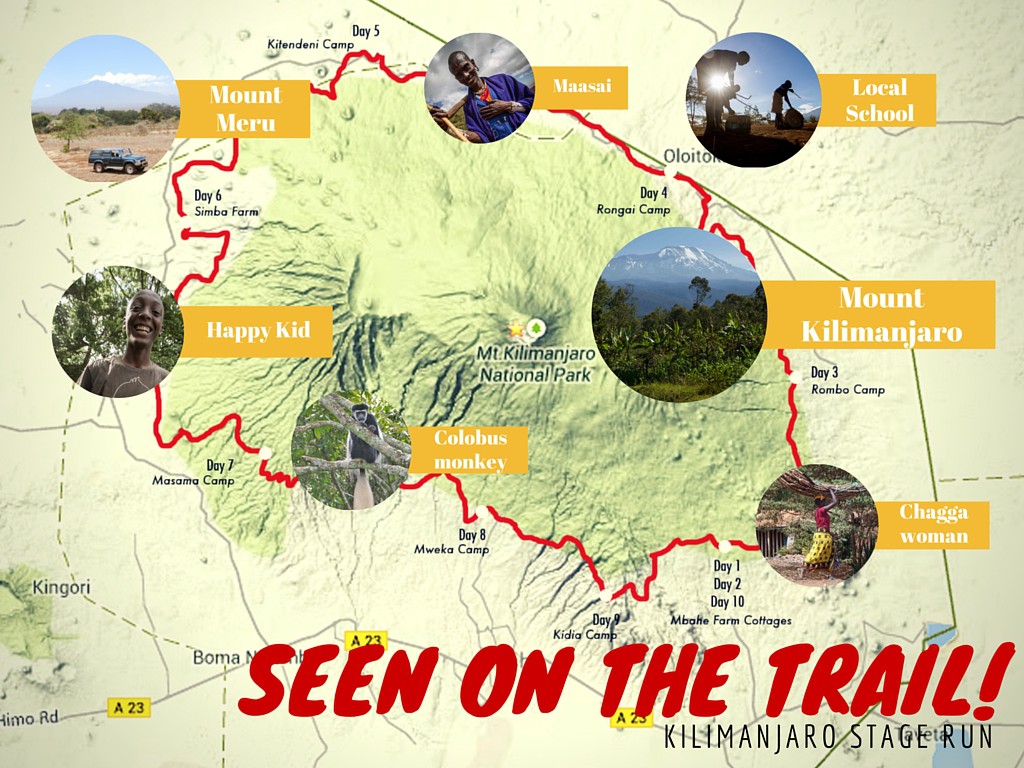
The Kilimanjaro Stage Run is much more than just a running race where you arrive, run, and go home. While on foot for eight days through one of the most beautiful areas of Tanzania, we make sure to take time to explore the environment, observe the birds and animals, and interact with the people we encounter each day along the trail. Here is a brief list of what past runners have noted on their running days.
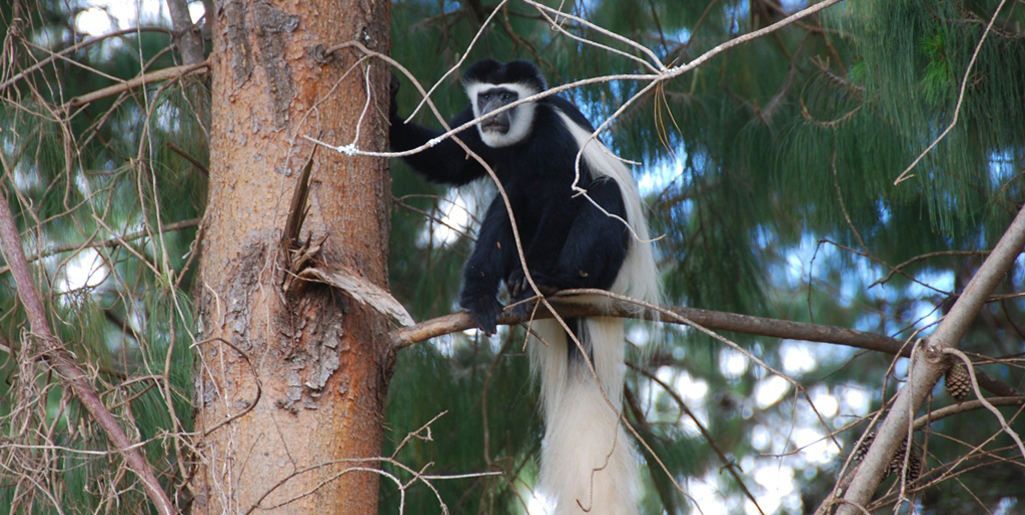
What: Blue monkeys and colobus monkeys
Where: In the forest
When: Any day
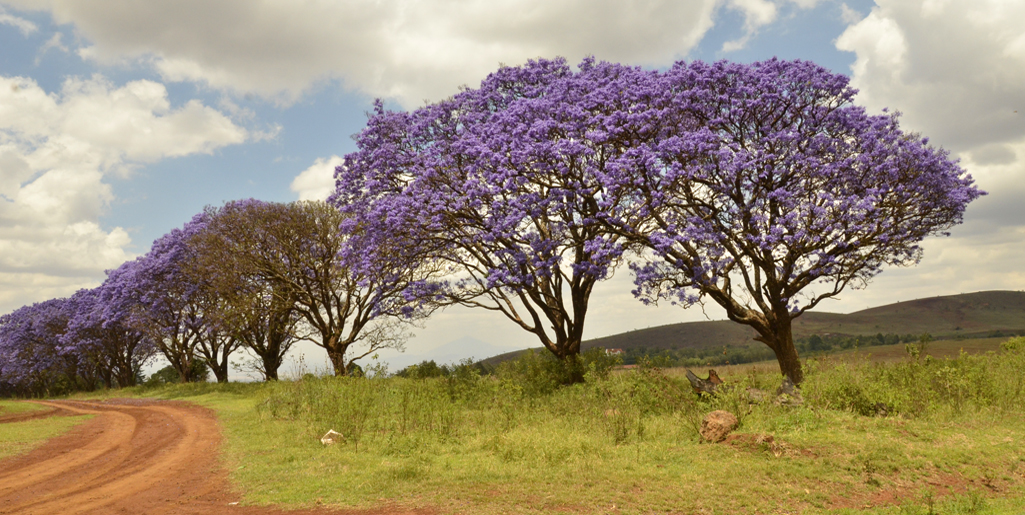
What: Beautiful and colorful Jaracanda trees
Where: Everywhere
When: Days 1, 4 and 5
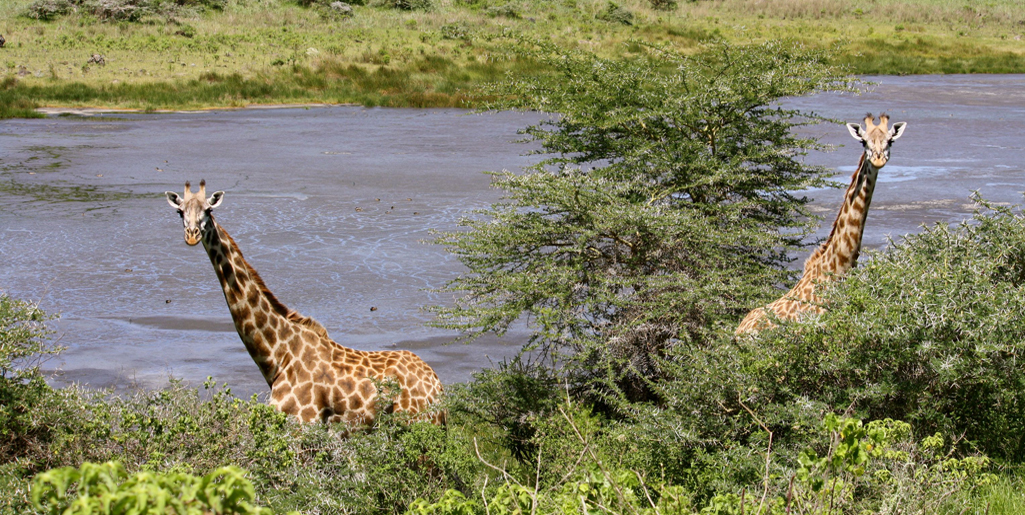
What: Elephant, giraffe
Where: Highly unlikely, but evidence of them may be seen on the trails
When: Days 3, 4 and 5
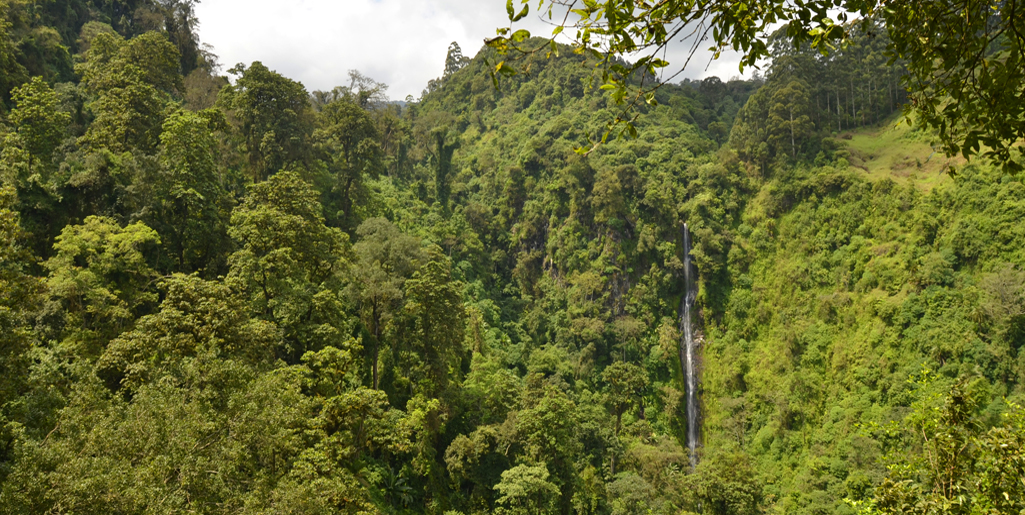
What: Big waterfalls
Where: On the mountain
When: Days 1, 6 andand 7
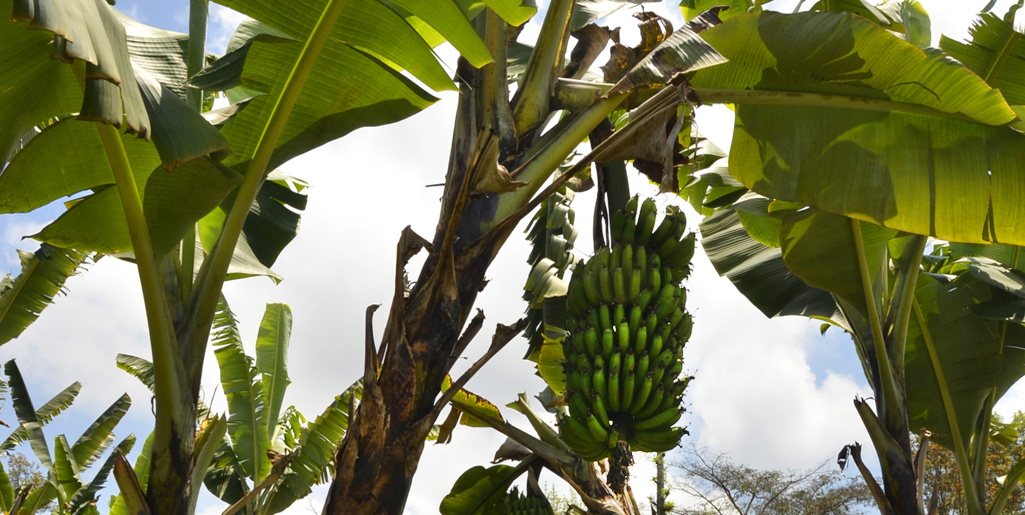
What: Coffee and banana farms
Where: On the slopes of Kilimanjaro and near Mbahe Farm
When: Days 1, 5, 6, 7 and 8
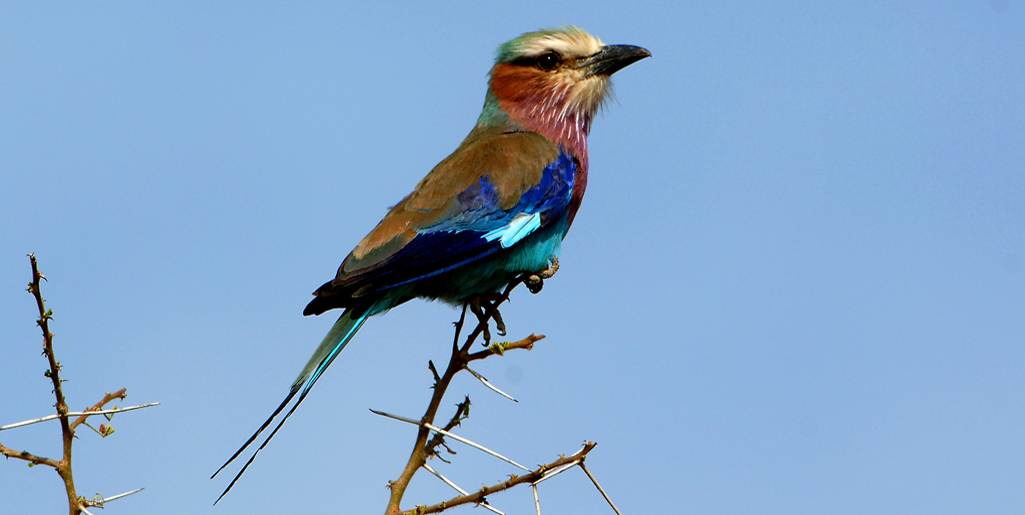
What: Colorful birds
Where: Especially around forest camps
When: Everyday, particularly in the mornings and evenings
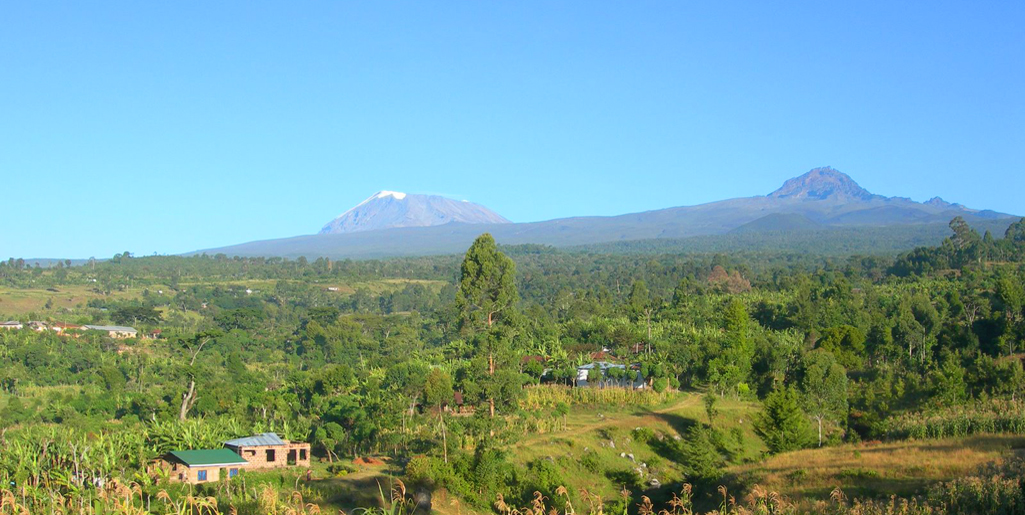
What: Mawenzi Peak (5149m), the second highest peak on Kilimanjaro located on the east side.
Where: On your left
When: Days 1 and 2
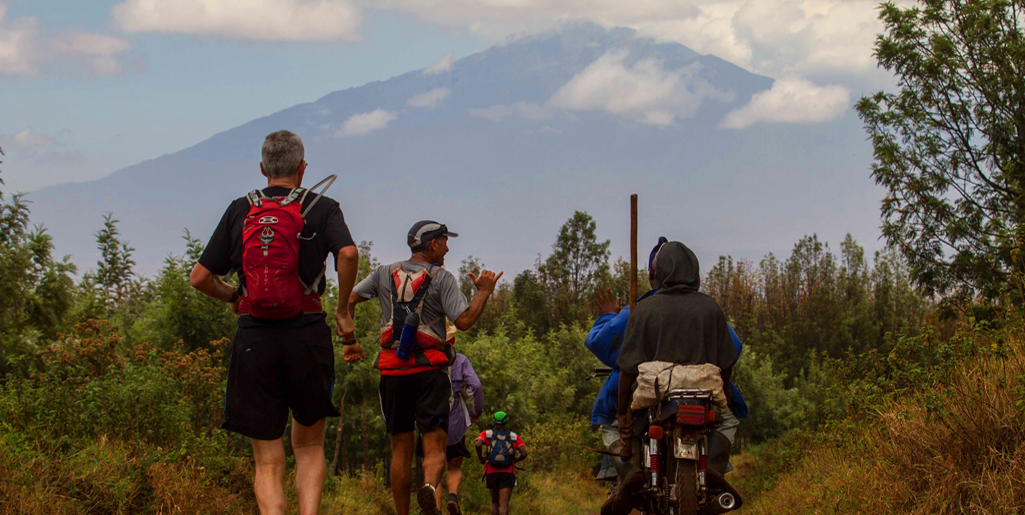
What: Mount Meru (4562m), an active stratovolcano located 70 kilometres (43 mi) west of Mount Kilimanjaro
Where: On your right
When: Days 4 and 5
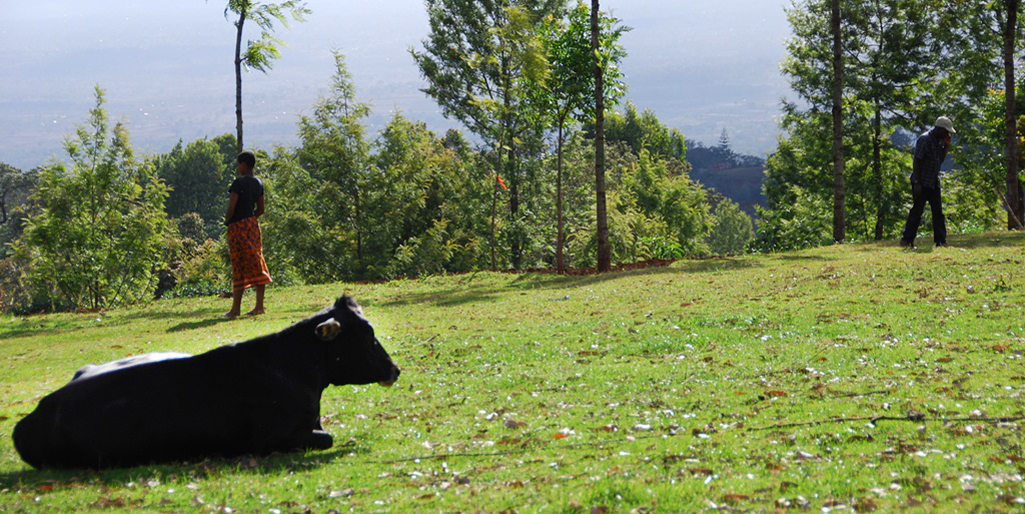
Who: Chagga farmers working in their fields
Where: On the foothills
When: Days 1, 5, 6, 7 and 8.
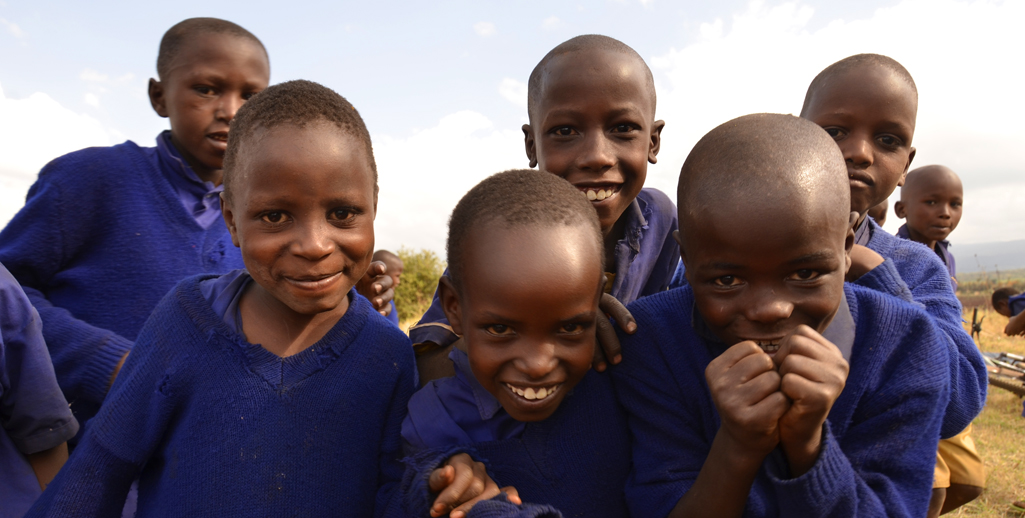
Who: Smiling laughing kids running along
Where: Everywhere
When: All days
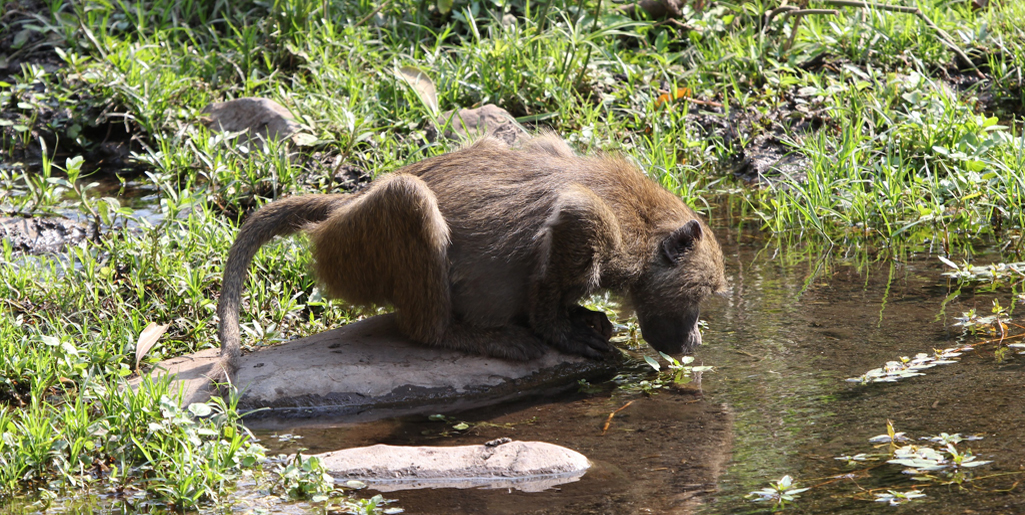
What: Baboons
Where: In group along the road, rare but special sight
When: Days 4 and 5
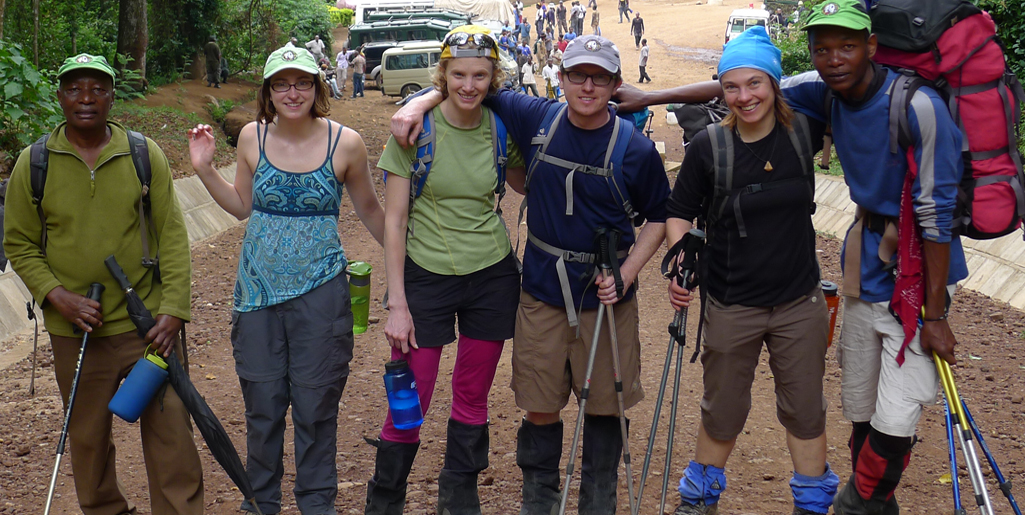
Who: Kilimanjaro trekkers starting their hikes
Where: Kilimanjaro entrance gates
When: Days 1, 6 and 8
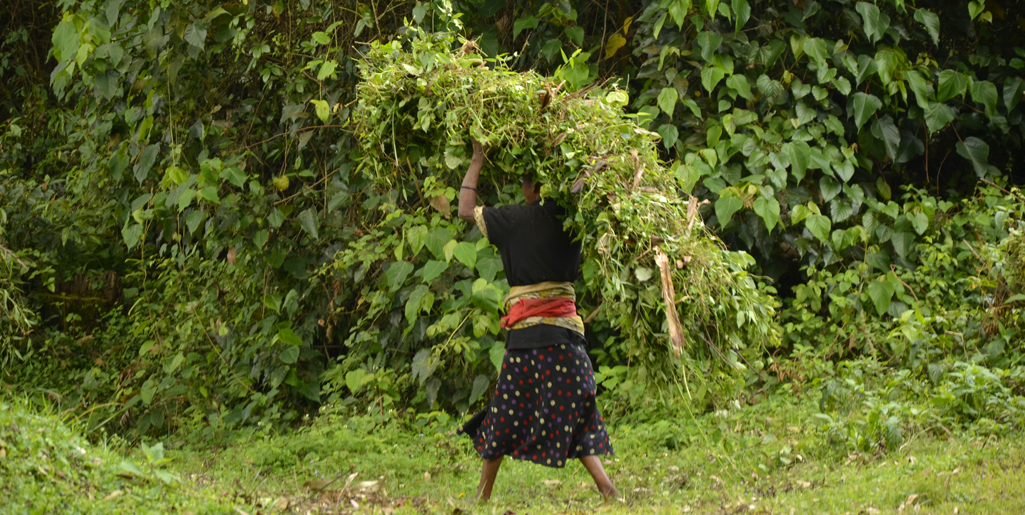
Who: Barefooted grandmothers walking the path with enormous bundles of grass on their heads
Where: In the foothills
When: Days 1, 5, 6, 7 and 8
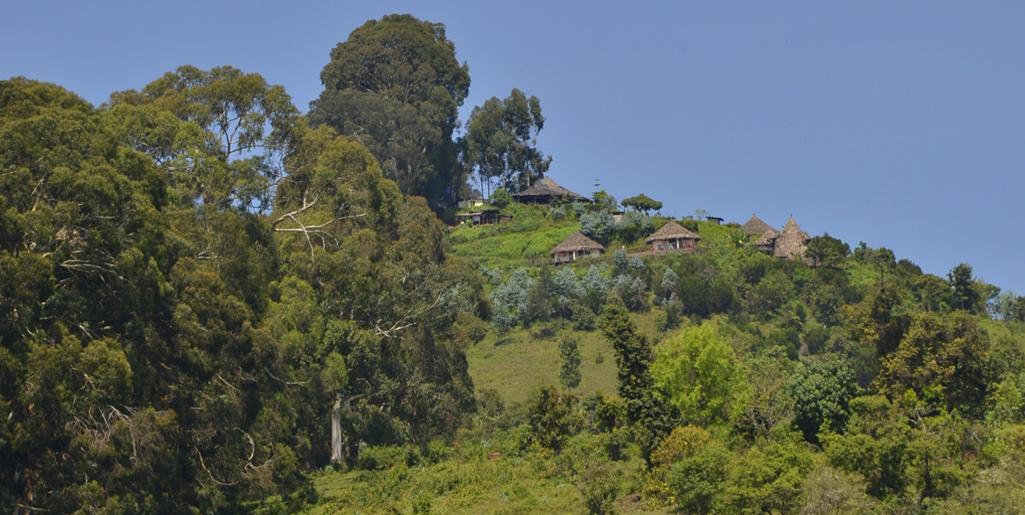
What: Sweet smell of the eucalyptus trees that create a natural border between the Kilimanjaro National Park and the villages.
Where: In the foothills
When: Days 6, 7 and 8
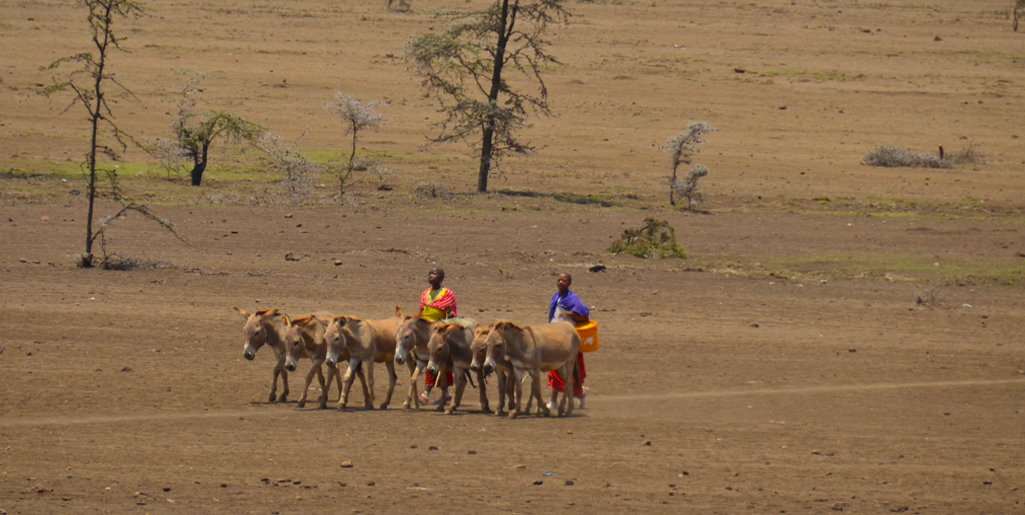
What: Herds of donkeys, goats and cattle being led to pasture or to market
Where: On the Maasai land
When: Days 3 and 4
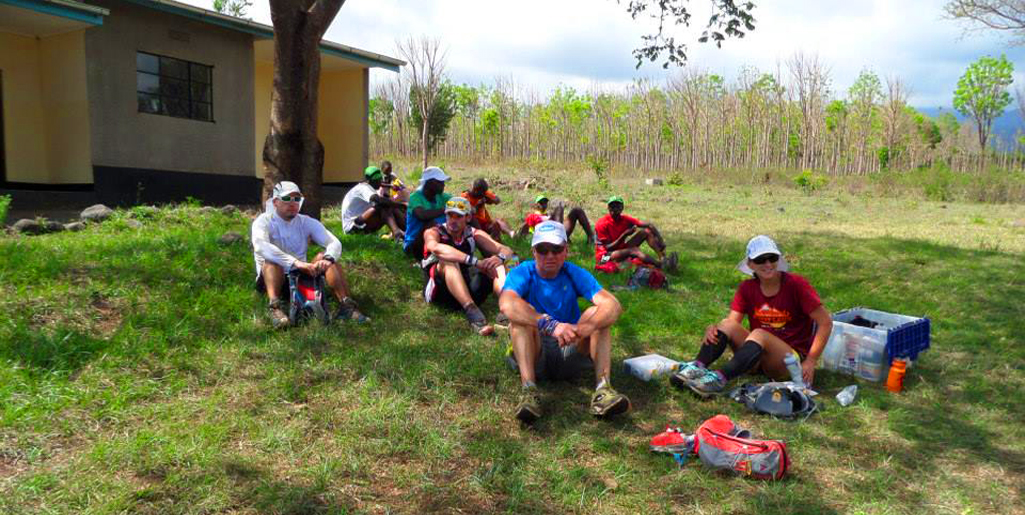
What: Unexpected western music coming from an unseen radio
Where: In the middle of nowhere
When: Any day
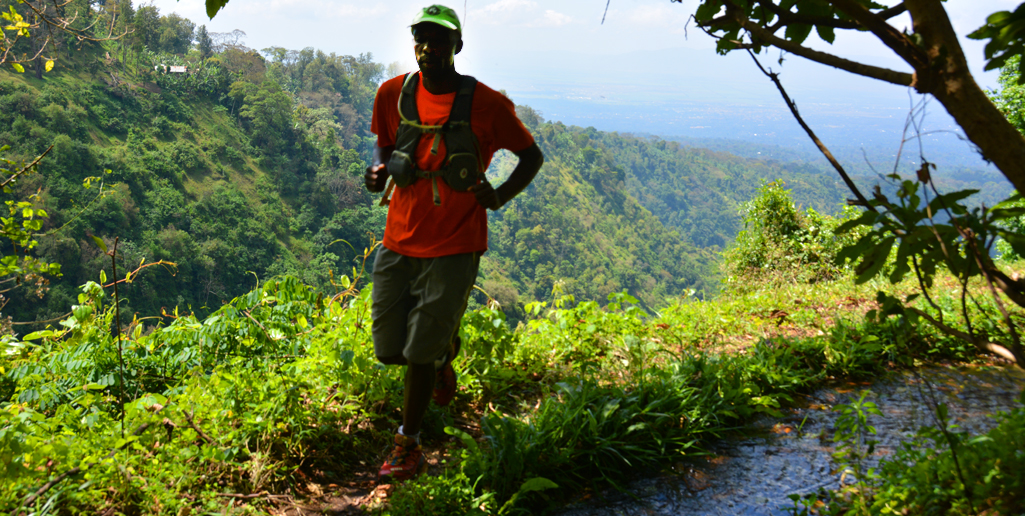
What: Hand-built furrows from the 19th century and maintained until today. They bring water from the mountain streams to farm fields and homesteads.
Where: On the mountain
When: Days 6, 7 and 8
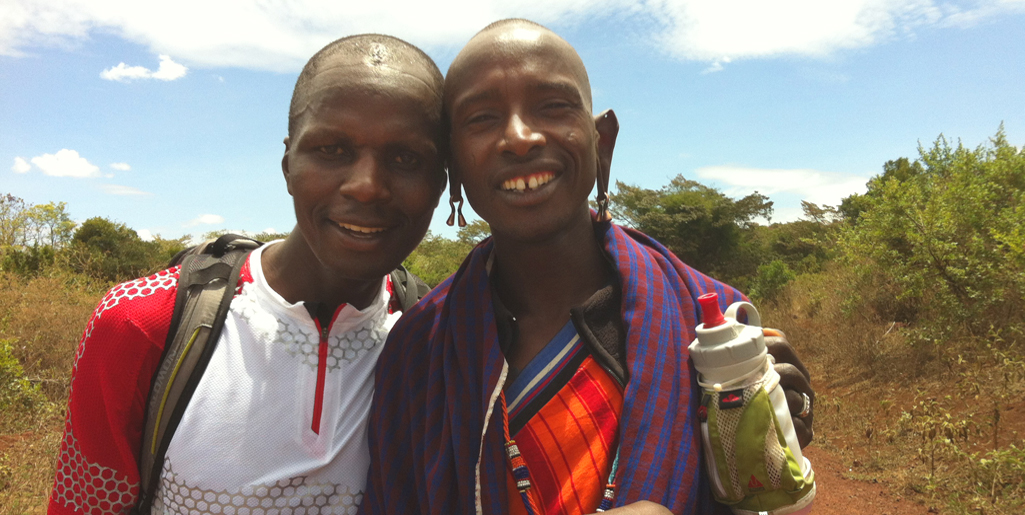
Who: Maasai in western and traditional clothing, with their cattle, herding goats, on motorbikes, talking on their mobile phones
Where: North Kilimanjaro in their traditional maasai bomas (homesteads)
When: Days 3 and 4
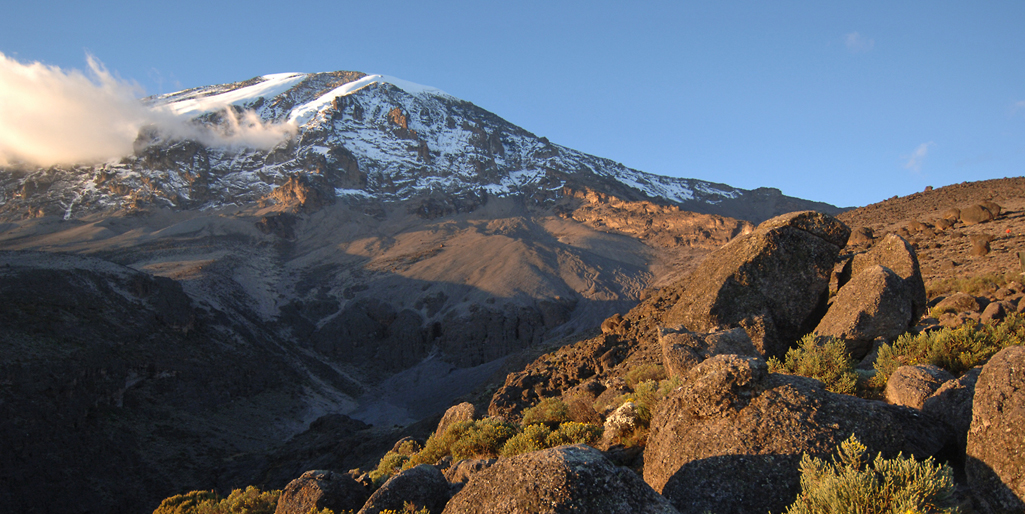
What: Mount Kilimanjaro from all sides and in many ways, in brilliant sunshine, shrouded in clouds, underneath a blue sky or in stars’ light
Where: We are running around Mount Kilimanjaro, just turn your head!
When: Every day. Best time: early morning and evening
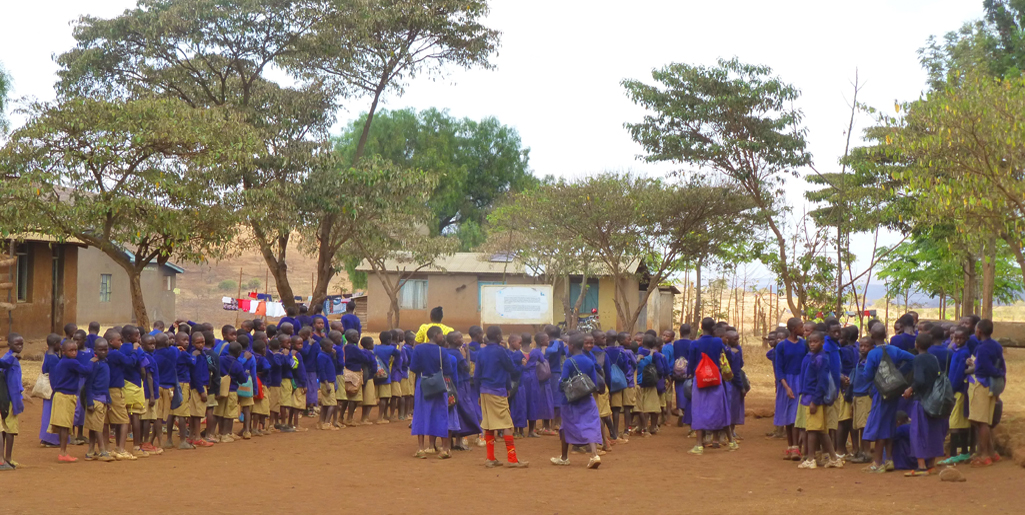
What: Rural primary schools and their students. Be respectful of the students and teachers and the classes if they are in session.
Where: Along the route
When: All days and at camps on 1st, 3rd, and 7th nights.
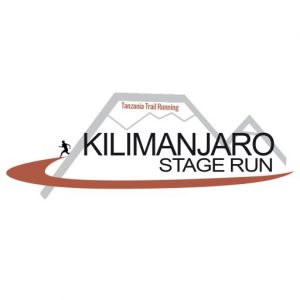
comment this post